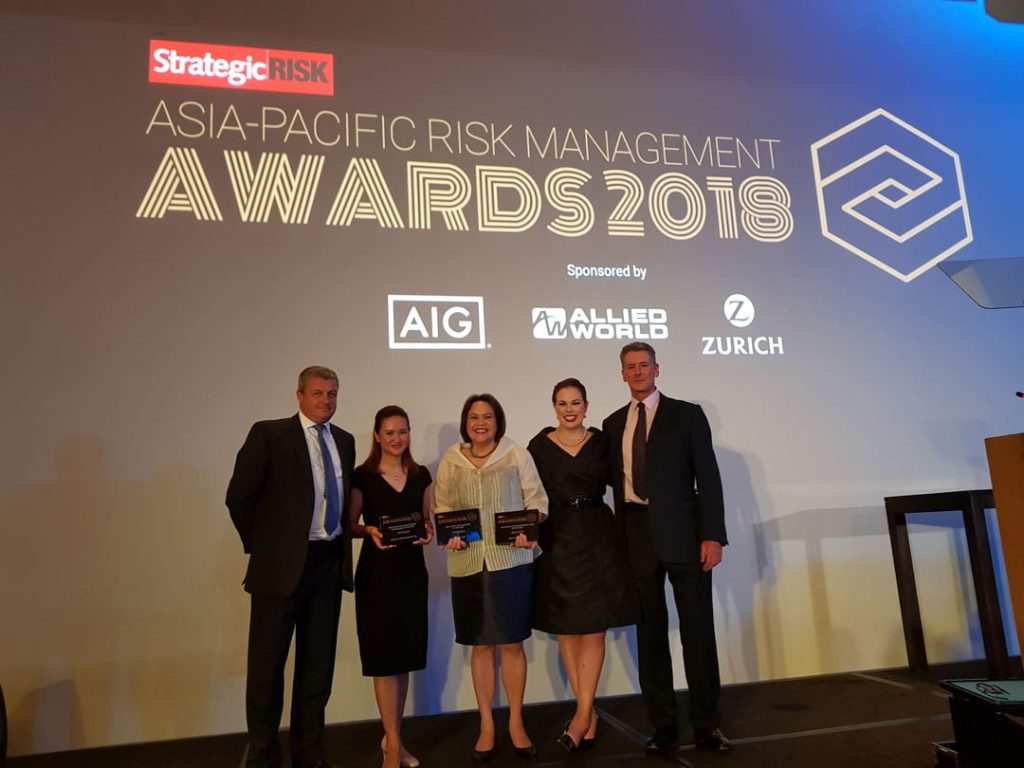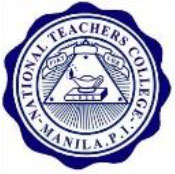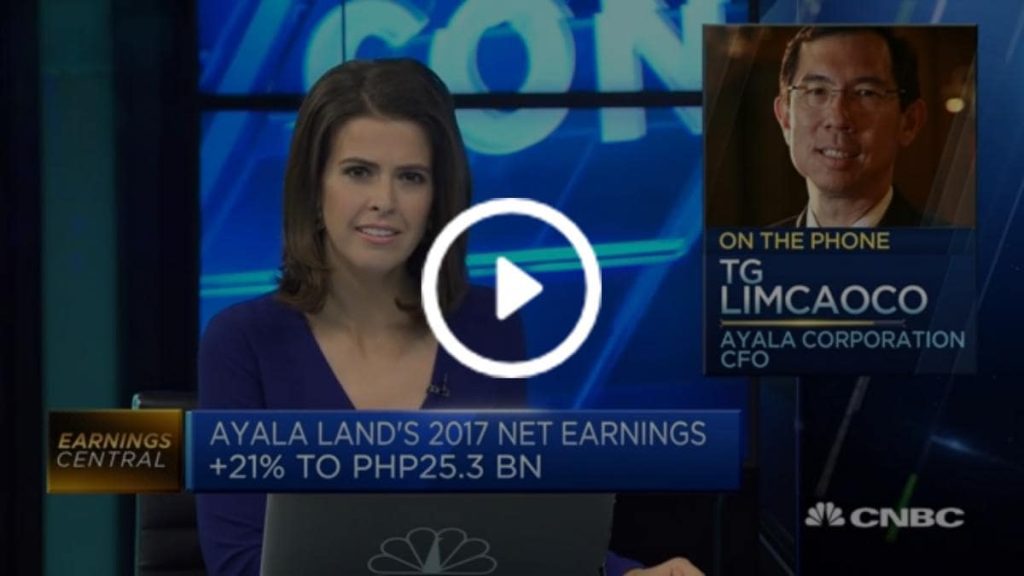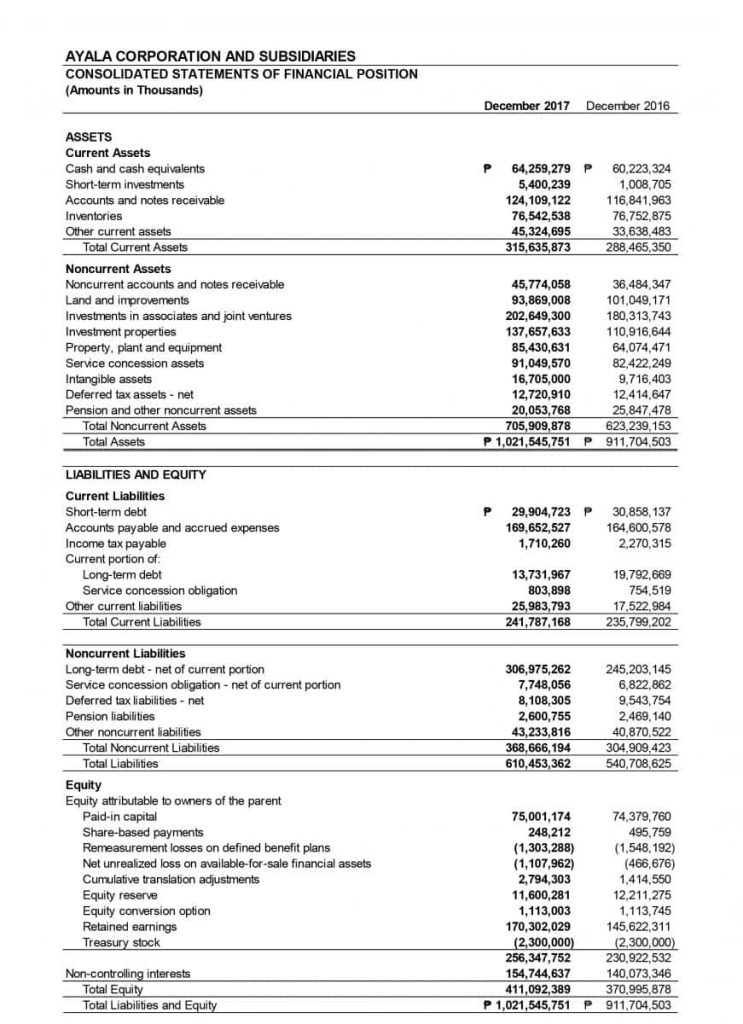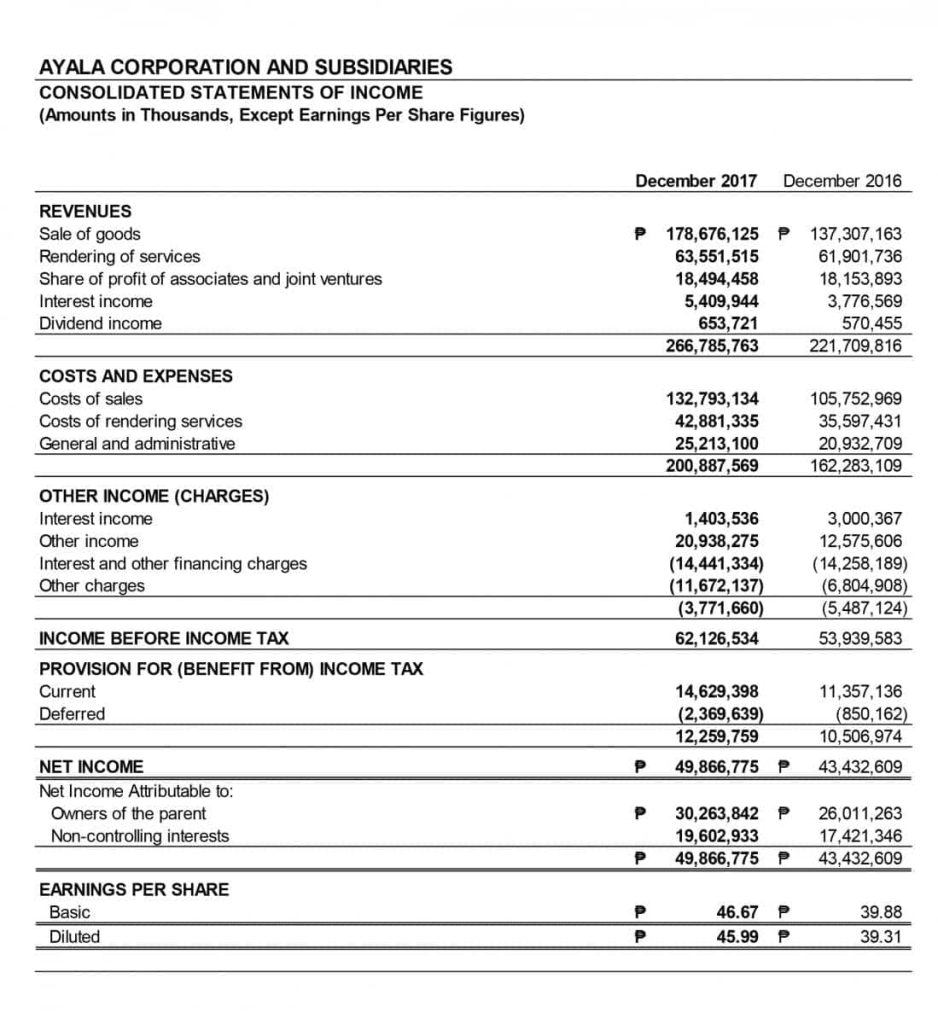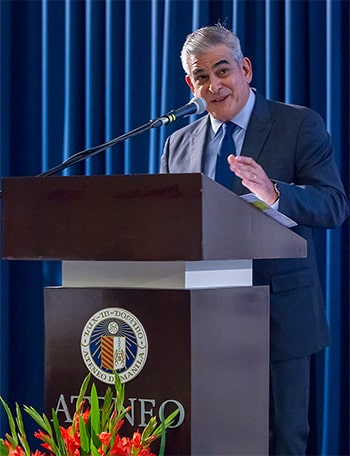Volkswagen Philippines unveiled at the Shangri-La at the Fort on May 18 five new models to re-define how the world-renowned German marque in the Philippines will develop and expand its local presence.
Ayala Corporation President and Chief Operating Officer Fernando Zobel de Ayala led the unveiling ceremony by driving one of the highlight vehicles onto the stage – the Santana MPI M/T Trendline. Other models introduced were the Lavida 230 TSI DSG Comfortline, the Tiguan 280 TSI DSG Comfortline, the Santana GTS MPI A/T Comfortline, and the Lamando 280TSI DSG Highline.
Three of the five new models— the Santana, the Lavida, and the Tiguan —are available at the entire dealership network starting May 19, while the Santana GTS and the Lamando will be offered in November.
Volkswagen, which according to Shanghai Volkswagen First Vice President David Powels in his welcome remarks, continues to be a strong brand worldwide and even the number one choice for car buyers in many markets, offers these five new models as being “tailor made” for Asian customers. In fact, these five models have had notable successes in China, the world’s biggest and most competitive automotive market.
The Santana, which was among the 10 best-selling models in China in 2017, is powered by a 1.4-liter Multi-Point Injection (MPI) 4-cylinder gasoline engine mated to a 5-speed manual transmission, with maximum power output of 90 Ps at 5,500rpm and maximum torque of 132 Nm at 3,800rpm. For ride comfort and stability, the Santana features electronic power steering, front McPherson Independent Suspension, and rear composite torsion beam semi-independent suspension. Safety highlights include ISOFIX anchorage points (mounting fixture for two child seats on rear seat bench), Anti-lock BrakingSystem (ABS), and immobilizer. Available exterior colors are Polar White, Reflex Silver, Pepper Grey and Deep Black with an SRP starting at P686,000.
The Lavida, which is still the best selling sedan and second best-selling model for the entire Chinese car market, is equipped with a 1.4-liter Turbocharged Stratified Injection (TSI) 4-cylinder gasoline engine with BlueMotion Technology mated to a 7-speed Direct Shift Gearbox (DSG) transmission, capable of 130 Ps of power at 5,000 rpm and 225 Nm of torque at 1,400 to 3,500 rpm. The interior features and comfort amenities include leather seat material, cruise control, Climatronic air conditioning, and sunroof. Safety highlights include the Electronic Stabilisation Program (ESP) with Brake Assistant, ABS, Electronic Differential Lock and Anti Slip Regulation (ASR), hill hold control, Push Start, and Front and Rear Park Distance Control (PDC). Available exterior colors are Polar White, Reflex Silver, Deep Black, Limestone Grey, Sunset Red, and Opalsilver Metallic with an SRP starting at P1,171,000.
The Tiguan, which has comfortably maintained its position as segment leader in China with 330,000 units sold, has a 1.4-liter TSI 4-cylinder gasoline engine with BlueMotion Technology mated to a 6-speed DSG transmission. Maximum power output is 150 Ps at 5,000 rpm, while maximum torque is at 250 Nm at 1,750 to 3,000 rpm. Its interior features and comfort amenities include “Vienna” leather seat material, 2-zone Climatronic airconditioning, Panoramic sunroof, 8 speakers, and driver power 12-way seat adjustment.
Safety systems include ISOFIX anchorage points, ESP, ABS, brake assistant, ASR, EDS, EDTC, hill hold control, and rear PDC with acoustic warning signal. Available exterior colors are Polar White, Titanium Beige, Hunting Brown, and Deep Black with an SRP starting at P1,648,000.
On the other hand, the Santana GTS is powered by 1.5-liter 4-cylinder in-line MPI gasoline engine mated to a 6-speed automatic transmission while the Lamando is equipped with a 1.4-liter TSI 4-cylinder gasoline engine with BlueMotion Technology mated to a 7-speed DSG transmission.
The warranty coverage for all these five new models are comprehensive. Aside from the 3 years or 100,000-km general warranty, whichever comes first, Volkswagen Philippines also offers a 3-year warranty for paint and another 3-year warranty for through-corrosion of the main steel body structure.
The periodic maintenance service (PMS) interval schedule for these new models is also structured for its owners’ convenience. The PMS interval is once a year, or every 10,000 kms, whichever comes first. This is more convenient and more cost-efficient compared to the industry-standard 5,000-km PMS interval.
Beyond the vehicles’ value-for-money specifications, features, and the warranties and PMS intervals, the five new models unveiled open new chapters to the continuously evolving relationship between Filipinos and Volkswagen, making the world-class auto brand much more accessible than ever to the Filipino car-buying public.
This unique, cross-generational relationship between Volkswagen and the Filipino was highlighted when AC Industrials President and CEO Arthur Tan took to the stage before the formal unveiling to address guests and the media. He stressed that the new models would undoubtedly add to the growing heritage of the Volkswagen brand in the Philippines, helping Volkswagen continue to be an integral part of the Filipino culture, crossing over many generations and economic classes.
Tan also remarked how Ayala Corporation provided that special relationship the needed boost when, on May 27, 2013, Volkswagen AG appointed Ayala Corporation as its sole importer and distributor of Volkswagen vehicles in the Philippines, making the German brand become part of the globally renowned family of automotive and motorcycle brands, such as Honda, Isuzu, and KTM, under the nurturing wing of AC Industrials. AC Industrials comprises AC Automotive and Integrated Microelectronics Inc, or IMI, representing Ayala Corporation’s manufacturing and automotive assets. Since then, under the able management of AC Automotive, Volkswagen Philippines has achieved a string of successes, most notably the establishment of 8 dealerships in Luzon and in Visayas. Volkswagen cars have also received accolades from various local award-giving bodies.
And now, as declared by Fernando Zobel de Ayala himself, more Filipinos who are involved in their own passions—whether they be businessmen, adventurous outdoorsmen, millennials, or even everyday working men or women—can now own a Volkswagen.
History has been made, now that automotive excellence and heritage unique to Volkswagen are within reach of the hardworking, daring Filipino. And when these cars eventually bring you to the verge of your own personal breakthrough, that’s when you know that with Volkswagen, Your Drive Just Got Better. The Santana MPI M/T Trendline, Lavida 230 TSI DSG Comfortline, and Tiguan 280 TSI DSG Comfortline are available at all eight Volkswagen Philippines dealerships: Volkswagen BGC at 938 28th Street City Center, Bonifacio Global City, Taguig City; Volkswagen Quezon Avenue at 1229 Quezon Avenue, Quezon City; Volkswagen Alabang at Caltex along Alabang-Zapote Road, Madrigal Business Park, Ayala Alabang, Muntinlupa City; Volkswagen Greenfield District Service Center at 833 Sheridan Street, Barangay Highway Hills, Mandaluyong City; Volkswagen Pampanga at McArthur Highway, Dolores, City of San Fernando, Pampanga; Volkswagen Cebu at A. Soriano Avenue, North Reclamation Area, Cebu City; Volkswagen Iloilo (upper ground level of SM Iloilo along Benigno Aquino Sr. Avenue), and Volkswagen Bacolod (along Araneta Street, Singcang, Bacolod City, Negros Occidental).

